NEW Level 3 Diploma in Coaching Olympic Weightlifting
British Weight Lifting Workforce Manager Mark Hill provides some insights into our NEW Level 3 Diploma in Coaching Olympic Weightlifting.
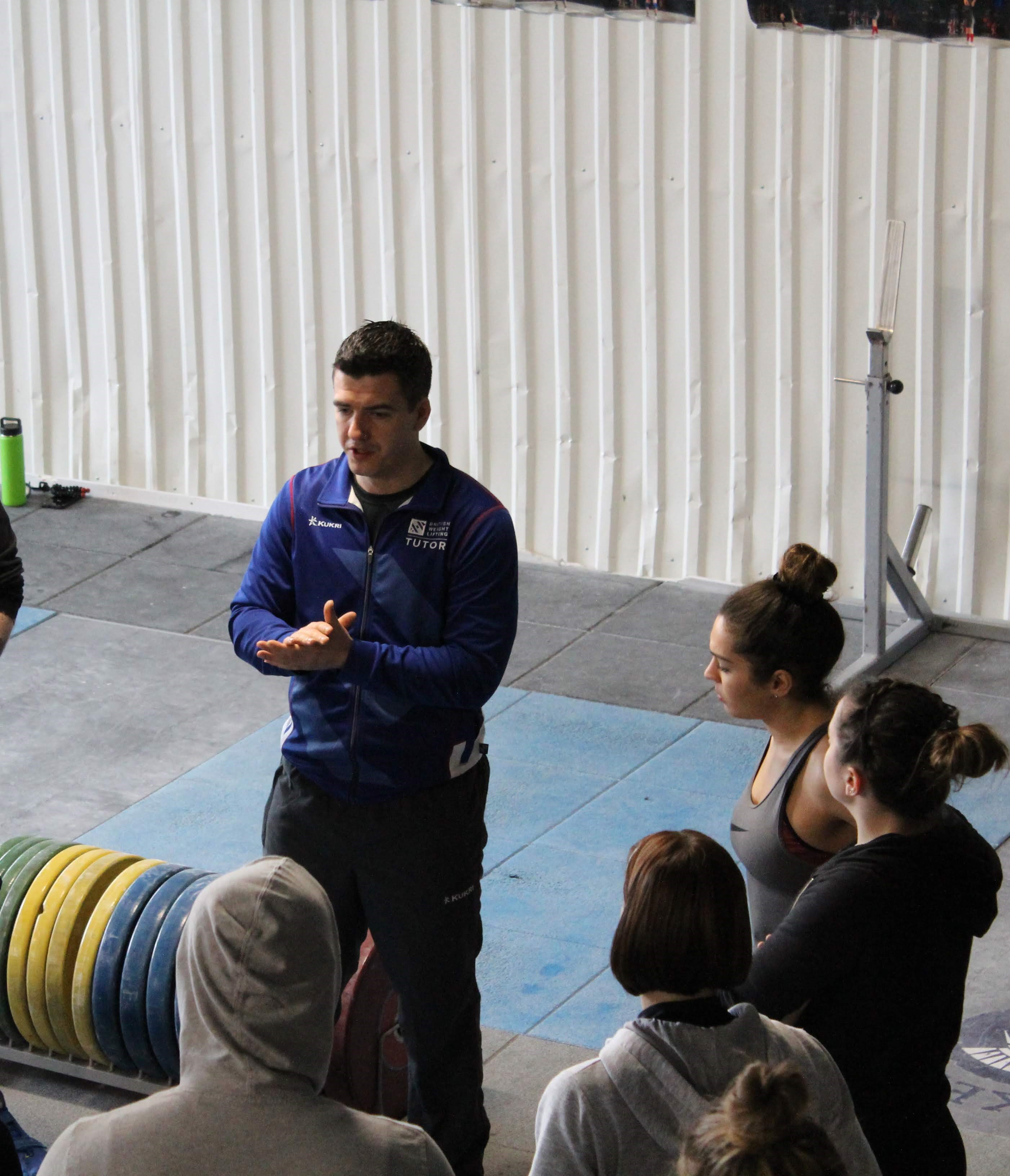
“To be successful in the sport requires that athletes lift over a long period of time. The diploma recognises this and provides coaches with insight into what they can do to support an athlete’s long-term development. This includes defining what training parameters are important and what the focus should be for each athlete based on their stage of development.
Some might view coaching as more of an art and some more of a science but what can be agreed upon is that one of the main aims of coaching is to help individuals close the gap between their current level and their future potential. A coach is there to guide an athlete, and to help create the conditions that allow an athlete to realise their goals.
The Level 3 Diploma has been part of a wider project to revolutionise our coach education pathway. Our ambition is to support coaches at every level, whether they be new to the sport or aspire to help athletes compete on the international stage.
An Overview of the BWL Coaching Pathway
The Level 1 Award in Coaching Olympic Weightlifting qualification is very much about the fundamentals of the sport. Our Level 1 Technical Model introduces the concept of ‘stable components.’ These components are what we believe make up the ‘rules’ for weightlifting technique. The model provides coaches with a framework to objectively analyse weightlifting technique. The course centres around teaching the Snatch and Clean & Jerk and how to effectively plan a session. After completing this course, learners are able to qualify as Assistant Coaches.
Our Level 2 Certificate in Coaching Olympic Weightlifting qualification is designed to help support a coaches understanding of how to structure effective training programmes. The Level 2 Technical Model advances from the Level 1 with the introduction of ‘variable components.’ These components recognise the possible differences in an athlete’s technique based on their anthropometric and strength profile. Coaches will start to consider how they might tailor their programmes to suit the needs of the athlete.
The course also introduces common exercises to assist weightlifting performance as well as an introduction to competition coaching. To achieve this qualification, coaches are required to write a programme over a 6-weeks and complete a series of online assessments.
For coaches wondering whether this new course is right for them, we wanted to provide some unique insights into the course.
The Level 3 Diploma in Coaching Olympic Weightlifting is currently British Weight Lifting’s most advanced coaching qualification. The course is broken up into four modules, with each looking at a specific aspect of weightlifting performance. The Diploma is infused with information from BWL’s Complete British Weightlifter guide, which serves as a framework to develop weightlifters into International medal winning athletes. Insights are dispersed throughout the course, with rationale and examples to provide context for coaches. These insights align with BWL’s pillars of performance, which include:
- Technical performance
- Physical performance
- Preparation mindset
- Performance mindset
The Level 3 Technical Model represents the most advanced version of the model. It introduces additional positions and phases that coaches can refer to help more effectively analyse weightlifting technique. It is a model that we believe strikes a balance between principle and prescription and provides coaches and athletes with an objective tool they can use to optimise technique. Coaches who register for the Level 3 course will also cover periodisation and advanced programming concepts.
Although this course integrates key training principles for long-term development in weightlifting, coaches who work with athletes of all levels should not be dissuaded. All of the principles can be scaled or adapted for athletes of any age. The overarching aim is for coaches to be able to support athletes of any ability to realise their goals. That goal could be to compete in a local competition or medal at a major championships. Ultimately, it is about helping an athlete get the best out of themselves.
More about the Level 3 Diploma in Coaching Olympic Weightlifting
There are 4 main modules within the qualification. Coaches will cover:
Coaching Theory and Practice for Weightlifting
Coaches will understand how individuals learn and the defining characteristics of skill. Coaches will be able to use this information to guide the structuring of practice more effectively, to allow athletes to improve at quicker rates. This module also includes discussions around what is considered optimal communication; how coaches can utilise what they say and what they don’t say, taking into account different styles of learning and different communication preferences of the athletes that they work with. We also introduce key principles derived from British Weight Lifting’s Complete British Weightlifter guide, which outlines what we believe is important for long-term athlete development. The guide also draws out key messages for optimising technical, physical and tactical development.
Technical Underpinning for Weightlifting
In this module coaches will be cover some of the key biomechanical concepts relating to weightlifting technique in more depth. This can help coaches understand how and why they may want to use interventions that encourage an athlete to adopt certain postures during the lift. The aim will be for coaches to understand how they might help an athlete optimise the position and trajectory of the barbell, while factoring in an individual’s unique anthropometry and strength profile. We will review the Snatch and the Clean and Jerk in great detail. The Level 3 Technical Model includes new positions and phases that coaches can use to analyse technical performance. The module culminates in examples of how coaches can use information derived from reviewing an athlete’s technical performance and implement effective interventions into training programmes.
Long Term Planning and Organisation for Weightlifting
In this module coaches will be challenged to think about how to create the conditions that can optimise an athlete’s long-term development. We cover adaptation theory and key strength training principles which will define how coaches programme for athletes at different stages of development.
We also profile the key physical qualities that are important for weightlifting and provide examples of how they can be improved. We introduce the concept of periodisation and detail how phases can be sequenced in training programmes to optimise athletic performance.
Athletes who compete in weightlifting will have to peak for a pre-determined date. This module will provide information on how coaches might organise training so that athletes are able to be at their strongest and most recovered on the day of competition, and hopefully produce a personal best performance. We will also discuss some of the nuances of weightlifting programmes and some of the considerations that coaches might need to make to optimise programmes for the athletes that they work with. This includes information on how programmes might be adapted for youth weightlifters. By the end of the module coaches will understand some of the key differences between youth and adult athletes.
Preparation for a Weightlifting Competition
In this module coaches will review the competition structure in the UK and touch on some of the key rules and regulations. This information builds on the content covered in the Level 2 Coaching course.
Coaches will cover the journey for an athlete going into competition, and how they can develop a strategy to help athletes set effective goals and overcome potential challenges. Coaches will learn more about relevant interventions that can be used to prepare the athlete for what they are going to face at competition. Coaches are going to have to adapt their coaching style as no athlete is going to be the same. To do this, coaches require tools and strategies to adapt and respond to what is required on the day.
During this module coaches will look at the demands of a competition day. They will also look at what happens post-competition, something that is often overlooked. It is just as important for coaches as well as athletes to cultivate a habit of reflecting on performance. This can be achieved through effective After Action Reviews, which allow both coach and athlete to reflect on key learnings which can inspire athletes to get better and better. In the final section of the module, we discuss how a coach might facilitate effective discussion and some of the specific questions that can help athletes and coaches learn about how they can perform better in competition.”
The British Weight Lifting team deliver high quality educational opportunities for Coaching Olympic Weightlifting and Coaching Strength Training.
For more details visit https://britishweightlifting.org/olympic-weightlifting-coach
Partners
-
 Official Partner
Official Partner
-
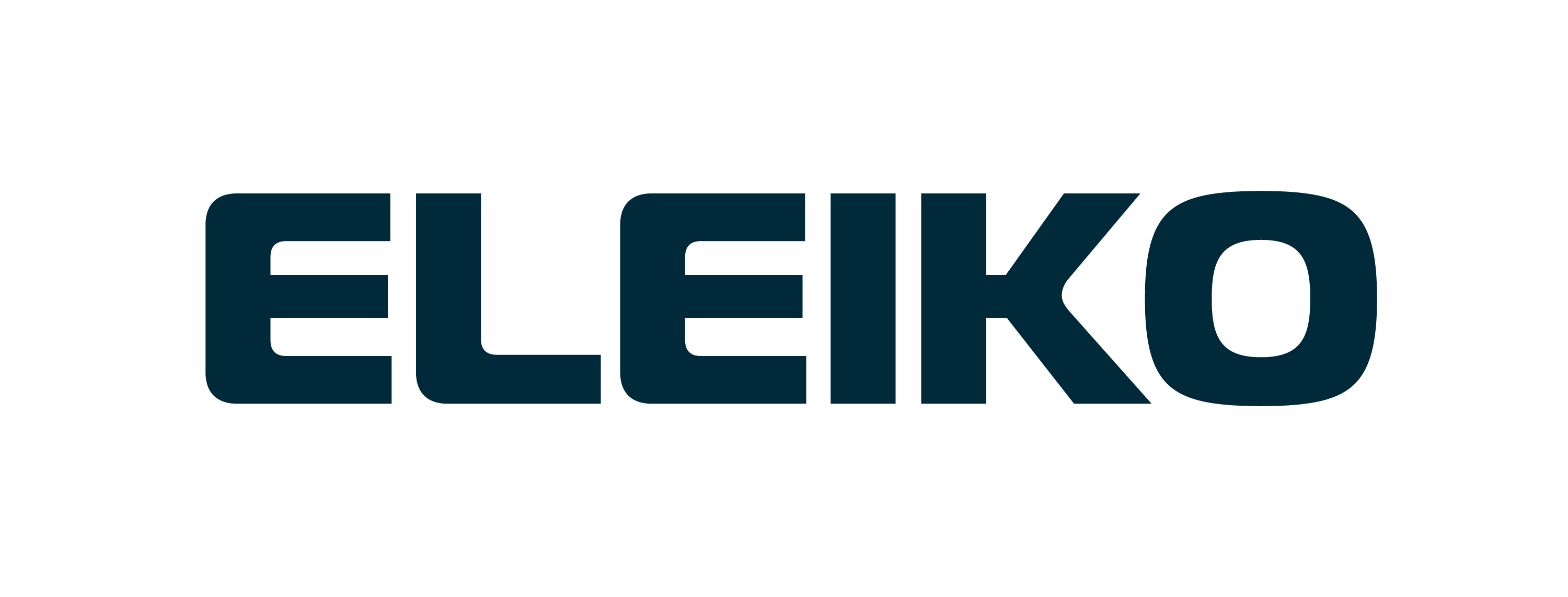 Official Equipment Partner
Official Equipment Partner
-
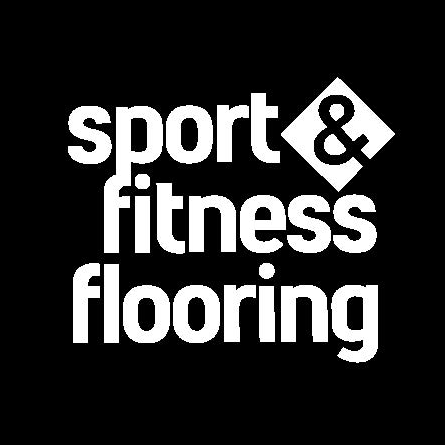 Official Partner
Official Partner
-
 Official Partner
Official Partner
-
 Official Photography Agency
Official Photography Agency
-
 Official Partner
Official Partner
-
 Official Partner
Official Partner
-
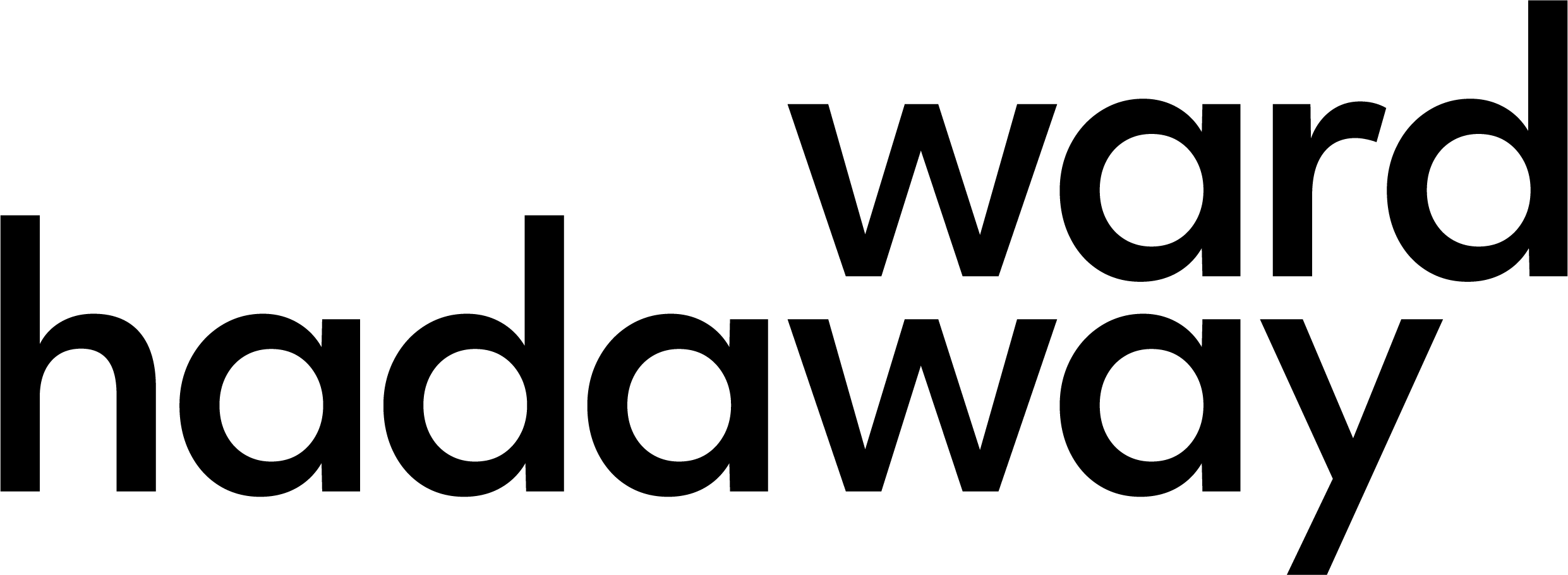 Official Partner
Official Partner
-
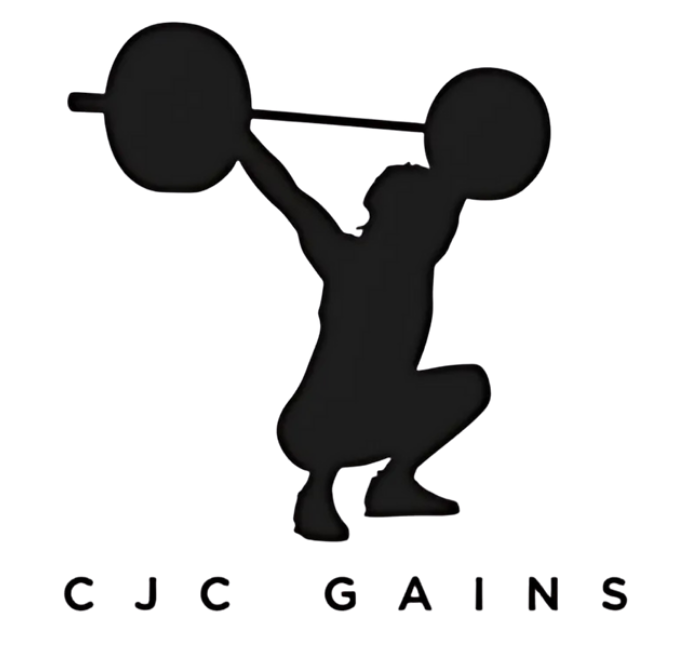 Official Partner
Official Partner
-
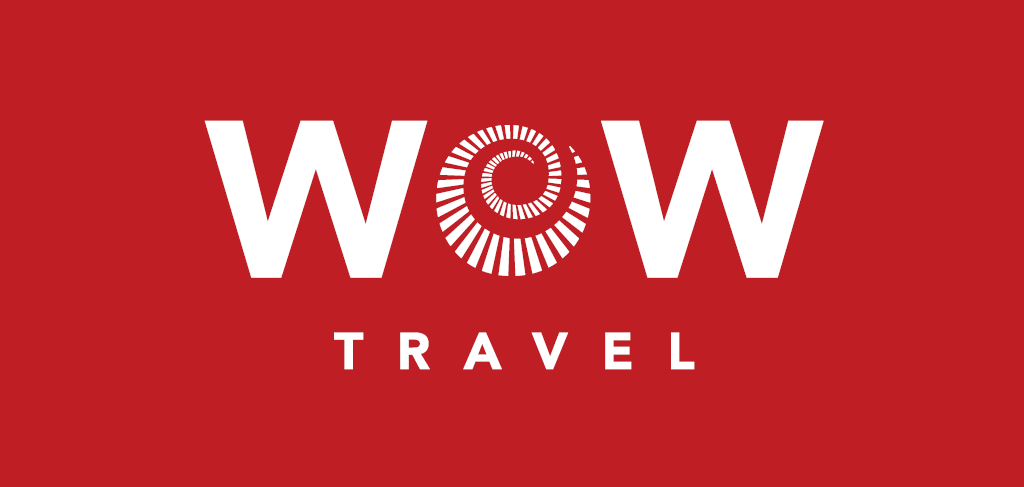 Official Travel Partner
Official Travel Partner
-
 Partner
Partner
-
 Funding Partner
Funding Partner
-
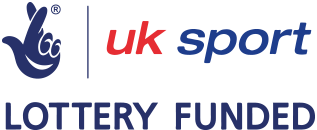 Funding Partner
Funding Partner
-
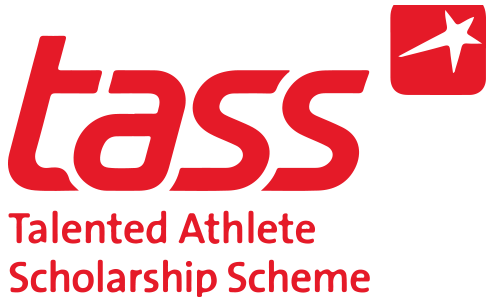 Funding Partner
Funding Partner
-
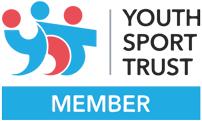 Official Strategic Partner
Official Strategic Partner
-
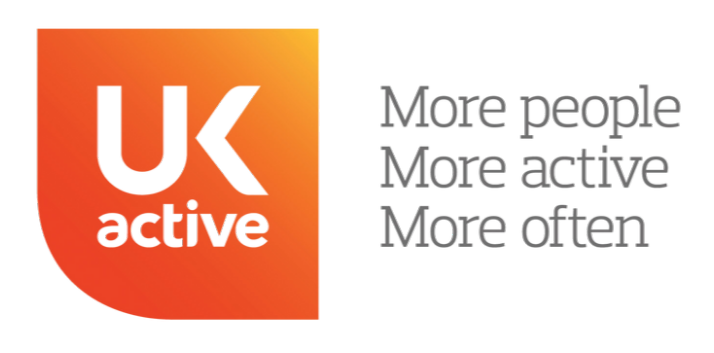 Official Strategic Partner
Official Strategic Partner
-
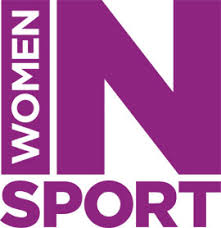 Official Strategic Partner
Official Strategic Partner
-
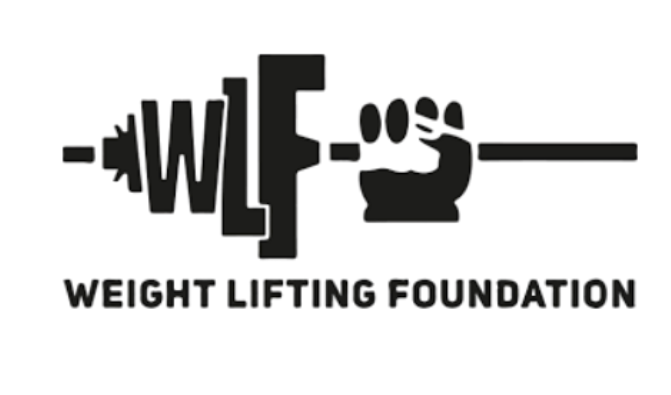 Weight Lifting Foundation Charity
Weight Lifting Foundation Charity
-
 Official ELearning Partner
Official ELearning Partner
-
 Official Awarding Organisation
Official Awarding Organisation
-
 Official Course Endorsement
Official Course Endorsement


